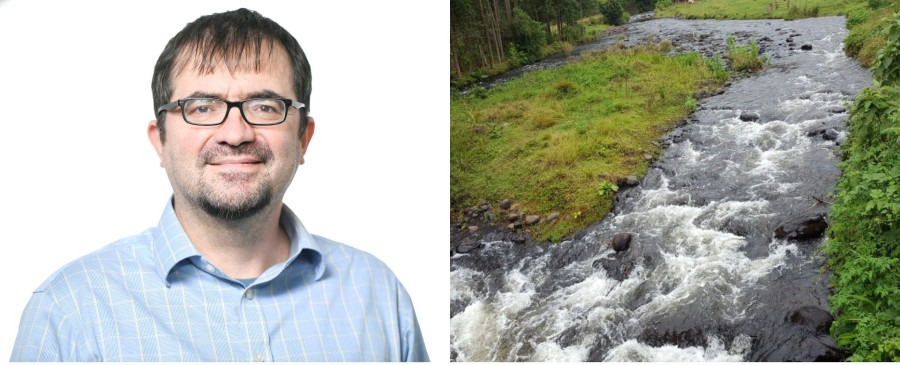Research looks to tackle pesticides in Kenyan waterways

Researchers are looking to develop a wireless system that will alert the Kenyan public to health risks in their local water supply.
The research project at Glasgow Caledonian University is centred on mitigating water pollution caused by pesticides. Pesticides are commonly used in Kenya to control pests and increase crop yields, but their overuse and improper disposal is said to have led to contamination of water sources.
The wireless system will be developed to detect pesticide residues in water in real-time and relay the data to a central database. The database will be accessible to the public, providing them with information on the quality of the water in their area. This information will help people make informed decisions about the use of water for consumption and other purposes.
Dr Sinan Sinanovic, who is supervising the project with Dr Colin Harrison and PhD student Titus Mutunga, said: “The development of the wireless system is expected to reduce the number of illnesses related to pesticide poisoning. Exposure to pesticides can cause a range of health problems, including skin irritation, respiratory problems, and neurological disorders. By detecting pesticide residues in water sources, the wireless system will provide an early-warning system for potential health risks, enabling people to take necessary precautions to avoid exposure.
“We will start the project by looking at feasible strategies to implement the system, given the many practical constraints.”
The 36-month project is funded by the Commonwealth Scholarship, which provides financial support for students from Commonwealth countries to pursue postgraduate studies in the UK. The scholarship programme aims to promote international understanding and cooperation through education and research. The funding will cover the cost of research materials, equipment, and travel expenses related to the project.
